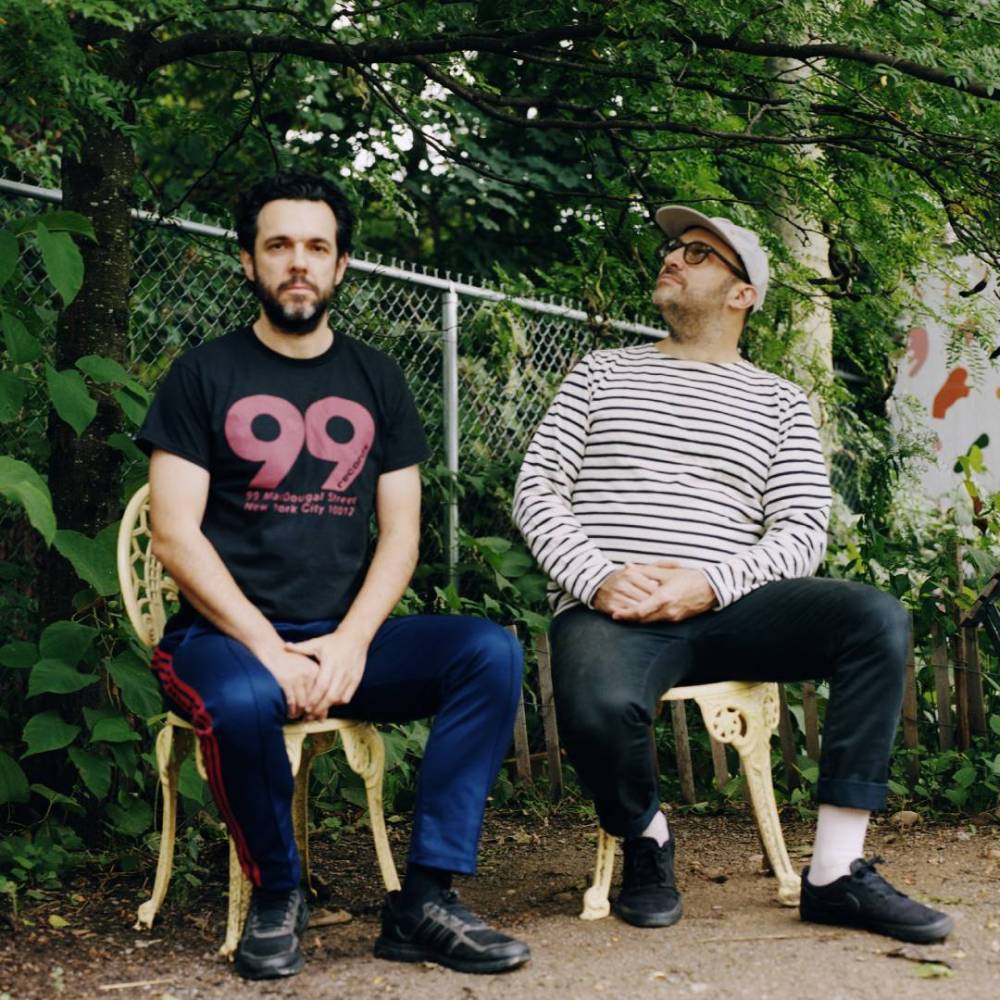Image via Guarionex Rodriguez Jr.
Michael McKinney understands the cultural importance of Kreayshawn’s “Gucci Gucci.”
Before Mister Saturday Night became an institution of New York’s dance-music scene, it was a dream and a plan. Eamon Harkin and Justin Carter started working together in the late aughts. They had both been DJing for years at that point, spinning records in hotel lobbies, backyards, and DIY spaces, always under the long shadow of the Rudy Giuliani administration. One New Year’s eve, at a party in a friend’s loft, the cops shut things down a few hours after the ball dropped. That was it: It was time to move towards something fully legal. Harkin and Carter had been running parties for some time, and it had proven a success; setting up a more permanent home was a risky move, but a logical one. So, Mister Saturday Night—the name of Harkin and Carter’s party, and the name they donned when they performed together—set up shop in a shuttered cabinet factory.
In the fifteen years since, Harkin and Carter have built a universe. Mister Saturday Night became a critical hub for New York house music, and with Mister Sunday, a companion party, they only expanded their reach. That old factory became Nowadays, a club which is widely regarded as one of the finest dancefloors in the world. Their bookings strike a balance between being exploratory and reliable; the resident DJ program gives DJs chances to get to build community at Nowadays, and their other programming functions as a who’s-who of modern club music. Harkin and Carter’s full-tilt focus on inclusive spaces stands at the center of the whole thing: No matter the details of the billing, a Mister Saturday Night event is certain to be communal joy filtered through a great soundsystem.
In early 2024, Harkin and Carter celebrated the fifteenth anniversary of Mister Saturday Night with a gargantuan box set: One cassette for each year, summing up to nearly a full day’s worth of DJ mixes. It’s a remarkable effort, a tangling of histories, BPMs, and genres; you can practically smell the sweat and hear the laughter on the tapes. Harkin and Carter get opening and closing duties, digging into the sun-blasted grooves they’ve become known for—boogie, funk, house, disco, techno. In between their offerings, they open the floor to all sorts of critical selectors: longtime resident Aurora Halal spins chunky techno, and disorienting ambience; NYC dance-music trio Soul Summit look towards funked-up house and disco; Physical Therapy meanders between low-slung pop gems, slow-mo grime, and high-speed acid wigglers. The box set balances New York’s proud dance-music histories with the kitchen-sink sounds of Nowadays, Mister Saturday Night, and Mister Sunday.
About that party, though. Back in the late aughts, Harkin & Carter would DJ at a friend’s loft: A venue called 12-turn-13, which doubled as its owner’s apartment. Before they kicked off festivities, everyone who’d be working or playing that night would sit down at a dining room table. They’d eat together, and when they finished, they picked up the table frame and moved it into the kitchen, where it became the DJ booth. Years later, that table made its way to Nowadays; now, it’s in their office. In the Mister Saturday Night universe, community is the only foundation upon which you can build a soundsystem; there is no party without mutual uplift. That idea thrums underneath every kick drum and vinyl crackle at Mister Saturday Night, Mister Sunday, and Nowadays. New York’s dance-music scene has been undergoing a perpetual renaissance ever since Eamon and Carter picked up their records fifteen years ago, and here, they give the scene the kind of full-bodied celebration it deserves.
We recently had a chance to speak with Mister Saturday Night over Zoom, digging into their histories with New York dance music, the parties and DJs that opened their eyes to the underground, the relationship between Nowadays and the parties they throw, the importance of building a community, and much more.
(This interview has been condensed and lightly edited for clarity.)

